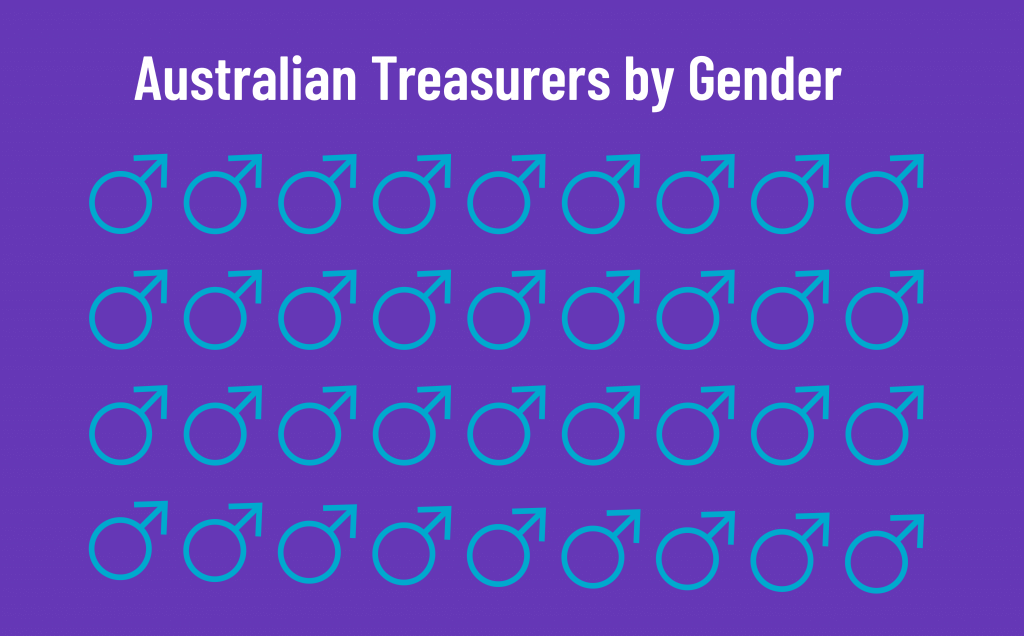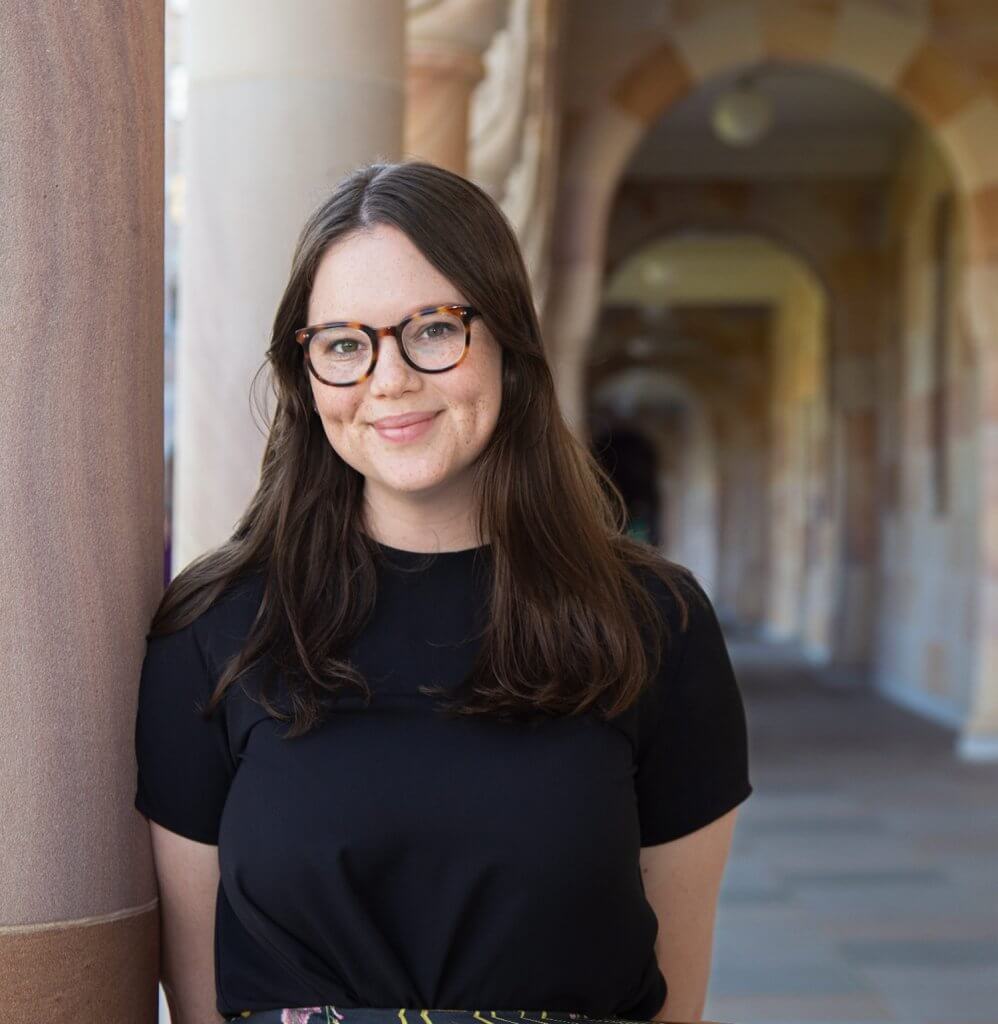Written by Ruby Wallace
Treasurer Josh Frydenberg announced that the 2020 Federal Budget is “all about jobs”. What he meant to say is the 2020 Federal Budget is all about jobs for men.
It’s no secret that the COVID-19 pandemic has amplified the disadvantage women face, both socially and economically. Women were likely to be in lower-paying jobs, have their hours reduced or lose their jobs entirely. This impact is felt even more adversely by young women, migrant women and women in insecure work.
These truths were largely ignored in the budget.
Women make up 51 per cent of Australia’s population. Surely helping us re-enter the workforce would be a smarter economic recovery plan. So why are we always left behind?
The Government is a boy’s club
The Australian Government has always been a male-dominated institution. In nearly 120 years, we have only seen one female Prime Minister and no female Treasurers. Currently, women in Cabinet hold none of the significant domestic portfolios and women in the Morrison government make up only one in four MPs.

Even though more women have entered parliament in recent years, it is still nowhere near equal or diverse representation.
Why does representation matter?
People’s interests and priorities are often shaped by their respective social, economic, ethnic and cultural experiences. So, if white, hetero, cis men are largely responsible for creating the policies and laws that govern our lives, it makes sense that these policies centre and benefit them. After all, it’s what they know.
Men fundamentally do not understand what it is like to be a woman participating in the workforce. The 2020 budget discourages women to re-enter the workforce because it does not address the systemic issues that limit women’s opportunities.
Women are more likely to be casually employed and work fewer hours than men. This is because women are still responsible for the majority of unpaid caring and labour responsibilities in the home, an issue which has only been exacerbated by COVID-19.
As a result, women are more likely to be ineligible for the policies designed to keep Australians in jobs. In fact, twice as many women than men will have their JobKeeper payments halved from late-September, and 60 per cent of the 2020-21 tax cuts will go to men.
If more women were at the table, perhaps we could start to address these inequities.
A budget for women?
Reviewing how federal budgets impact women is not a radical idea. In fact, Australia was a global leader in gender-responsive budgeting in the 1980s.
Dr Anne Summers AO, who led prime minister Bob Hawke’s Office of the Status of Women, created the world’s first-ever Women’s Budget Statement. By comparing the impact of economic policy based on gender, it forced male-dominated governments to think about how their decisions impacted the population as a whole, not just men.
So where was the Women’s Budget Section in the 2020 Budget you ask? The section was discontinued by the Abbott Government in 2014, and we haven’t seen it since. It’s worth noting that Tony Abbott, a man, was the Minister for Women at the time.
By removing the visibility of barriers faced by women in the budget, women become invisible.
The Budget doesn’t value ‘pink industries’
Male-dominated industries, like construction and manufacturing, received the most monetary help in this year’s budget. Although there is an effort to fund women’s participation in male-dominated industries, the government left female-dominated industries behind.
A $25.1 million package was announced to go towards new cadetships and apprenticeships for women in science, technology, engineering, and mathematics (STEM) and other male-dominated industries.
In contrast, female-dominated industries like childcare, aged care and education received little to no help. The government seems to have forgotten that these industries were crucial for Australia to function during the pandemic. Not to mention, workers in these industries often receive minimum wage.
Until we are meaningfully represented in government, gender discrimination will continue to creep into policy and disadvantage women in all aspects of society.
Interested in this topic? Read more about the Federal Budget and watch our Federal Budget explainer video!
Ruby is an experienced writer and designer in the higher education sector. Her work has also featured in Lip Magazine, The Creative Issue and Sartre Magazine. She is an advocate for women’s representation in leadership as well as women’s safety. In 2019, Ruby received The University of Queensland Award for Excellence in Mental and Physical Health, Safety and Wellness for her role helping establish the UQ Sexual Misconduct Support Unit. Views are her own.





